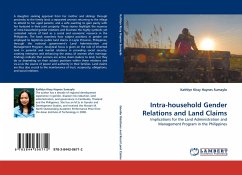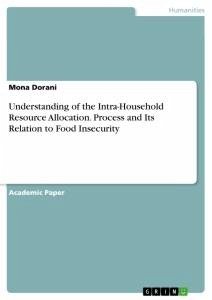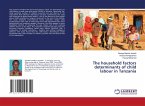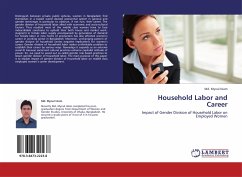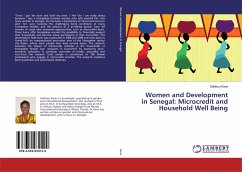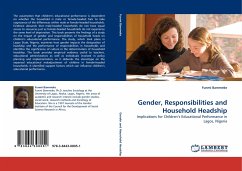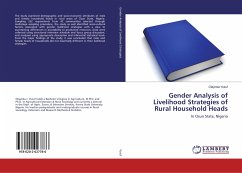A daughter seeking approval from her mother and siblings through proximity to the family land; a separated woman returning to the village to attend to her aged parents; and a wife wanting to gain parity with her husband in their joint property. These stories highlight the nuances of intra-household gender relations and illustrate the highly symbolic yet contested nature of land as a social and economic resource in the Philippines. The book examines how subject positions in gender are employed to legitimize public land claims in Leyte Province, Philippines, through the national government's Land Administration and Management Program. Analytical focus is given on the role of inherited land in parental and marital relations in providing social security, creating enterprise and enhancing the status of women after marriage. Findings indicate that women are active claim-makers to land, but they do so depending on their subject positions within these relations and vis-à-vis the source of power and authority in their families. Land claims are thus also crucial to the maintenance of trust, reciprocity, obligations, and social relations.
Bitte wählen Sie Ihr Anliegen aus.
Rechnungen
Retourenschein anfordern
Bestellstatus
Storno

